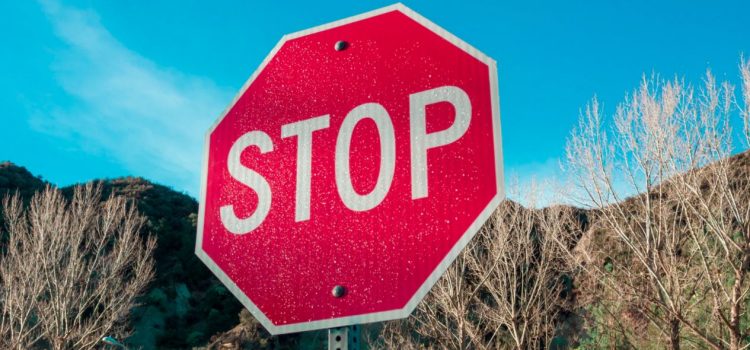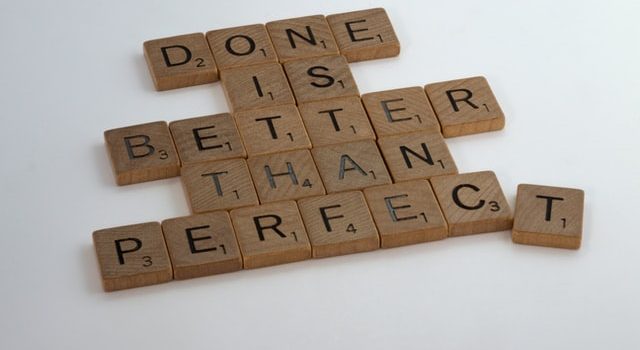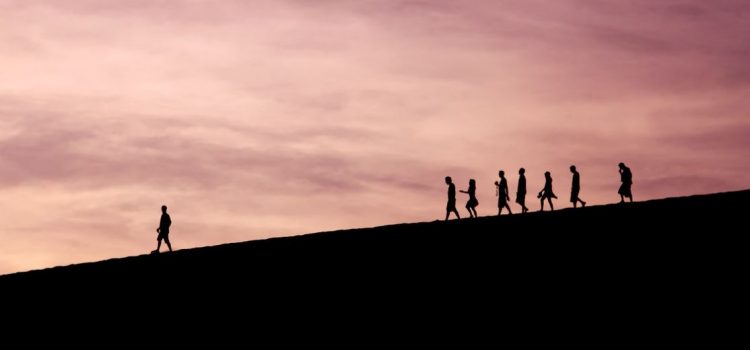What is loss aversion? Do you think it’s rational to be loss-averse? In psychology, loss aversion is a cognitive bias whereby individuals would rather avoid losses than acquire gains. Most psychologists describe humans’ sense of loss aversion as irrational. They justify this with math—studies show that people are willing to overpay to insure against financial loss. However, according to Nassim Taleb, loss aversion is an adaptive phenomenon because it helps us survive. In this article, we’ll explore Taleb’s take on loss aversion.
Nassim Taleb: The Psychology of Loss Aversion










